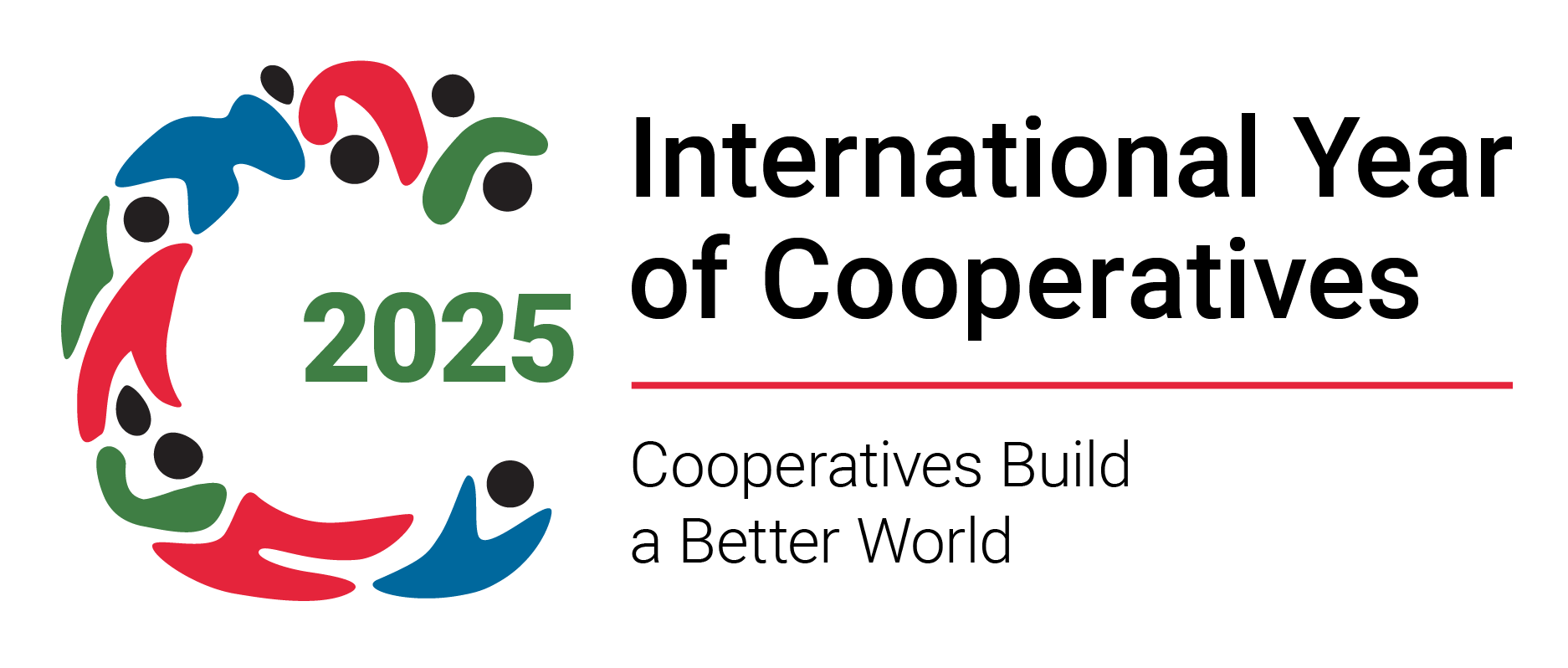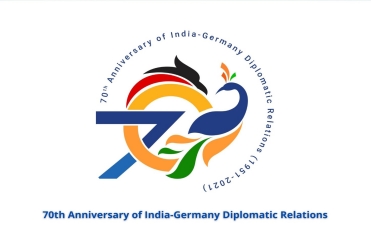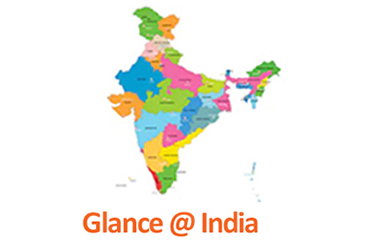- Home
- About Us
-
Consular Services
- Launch of e-Clearance for Afterlife Remains (eCARe) portal
- Instructions regarding entry into the consular Wing
- Reissue of International Driving Permit (IDP)
- Postal Applications
- Visa Services
- Passport Services
- OCI Information
- Renunciation of Indian Citizenship/Surrender Certificate
- Attestation,Consular and Misc.Services
- Weekly Open House
- MADAD - Consular Services Management System
- Indian Community Welfare Fund
- FAQs on Marital disputes involving NRI/PIO spouses

- Public Notices & Circulars
-
Embassy Wings
- Economic & Commercial Wing
- Contacts
- GI Digital Catalogue

- Overview of Indian Economy
- India-Germany Economic & Commercial Relations
- Doing Business in India
- Make in India

- Invest India

- Flagship Programs of Government of India

- Doing Business in Germany
- Trade Fairs
- Trade Dispute Advisory
- Foreign Investment
- Foreign Trade
- Newsletters

- Attestation of Documents

- Community Welfare
- Culture
- Information Wing/Media Center
- Science & Technology

- Political
- Consular
- Defence Wing
- Economic & Commercial Wing
- Media Center
- India-Germany Relations
- MIIM
- Useful Links
- Tenders
Germany Commits More Investments into India
Embassy of India
Berlin
PRESS RELEASE
Germany Commits More Investments into India
1. Encouraged by the buoyant Indian economy, which is witnessing several on-going reform initiatives of Prime Minister Narendra Modi, the German companies are stepping up their investments in India. The MAKE IN INDIA has emerged as one of the key drivers in fostering German investments into India and was stated by Mr. Hans-Joachim Fuchtel, Parliamentary State Secretary in the German Ministry of Economic Cooperation and Development, at Indo-German Business Dialogue held at the Indian Embassy, Berlin today.
2. Indo-German Business Dialogue is a high-level business platform organised by the Indian Embassy in Berlin in partnership with Member of the German Parliament Mr. Mark Hauptmann to encourage and facilitate new investments by German companies into India. The first meeting of the Indo-German Business Dialogue was attended by Members of the German Parliament, and over 250 representatives of the German industry, Chambers of Commerce, industry associations, academia and think tanks.

3. Addressing the participants Indian Ambassador to Germany Shri Gurjit Singh called on German companies to step up their investments in India and emphasized the growth prospects which India had shown. He also emphasized the increase in German participation in Smart Cities, Railways, Renewable Energy, Namami Gange and the like, and pointed out the business opportunities which have emerged in these areas to supplement development plans. Elaborating on the growing market size of India and its neighbourhood, he pointed out the facilitation being provided by the Embassy through the MAKE IN INDIA MITTELSTAND (MIIM) initiative. The MIIM initiative is supporting investments by over 50 German SMEs (Mittelstand) who are now part of the MIIM Programme.

4. Speaking on the occasion, Mr. Hans-Joachim Fuchtel, Parliamentary State Secretary in the German Ministry of Economic Cooperation and Development said that he had never heard such a strong knocking of opportunities as he heard today from the Ambassador and Mr. Kohli and he would convey to the leadership and to business about these opportunities in India which German companies will grasp and expand investment.
5. Mr. Mark Hauptmann, Member of the German Parliament and co-organiser of Indo-German Business Dialogue said this is an effort on behalf of German Parliamentarians to contribute to a wider realisation of opportunities in India for German companies.
6. Mr. Nalin Kohli, Spokesperson of the BJP, also took part in the Business Dialogue and focussed on openness of India and the immense efforts of the current Government to take India to a new level which brings the India story to a new level.

7. An expert level panel discussion on “Synergies for Make In India: Mittelstand, Technology and Skill Development” highlighted immense opportunities available for German SMEs for investments in India. German SMEs, also called the Mittelstand, are the drivers of the German industry and its economy. They are world market leaders in their domain and poses cutting edge technologies. Intensive efforts, led by the Indian Embassy in Berlin are underway to mobilise investments and technology from German SMEs into India through the MIIM Programme. Participants in the expert panel discussion included Mr. Mohan Guruswamy, Chairman, Centre for Policy Alternatives, Mr. Rajiv Kumar, Senior Fellow, Centre for Policy Research, Mr. Peter Tyroller, Robert Bosch GmbH, Mr. Gordon Mühl, Infosys Ltd. And Mr. Jan-Hendrik Heinen, JAGENBERG AG. Specific measures to facilitate investments and technology from the German Mittelstand, particularly, in the areas of automation, high-technology, renewable energy, urban infrastructure, waste and water sectors were deliberated at the Business Dialogue which will lead to greater presence of German companies in India.
8. A special publication in German by the Embassy ‘India: Scripting Future Histories’ was released on the occasion to bring greater information on the growth prospects of India in a democratic pluralistic framework.
*****


























